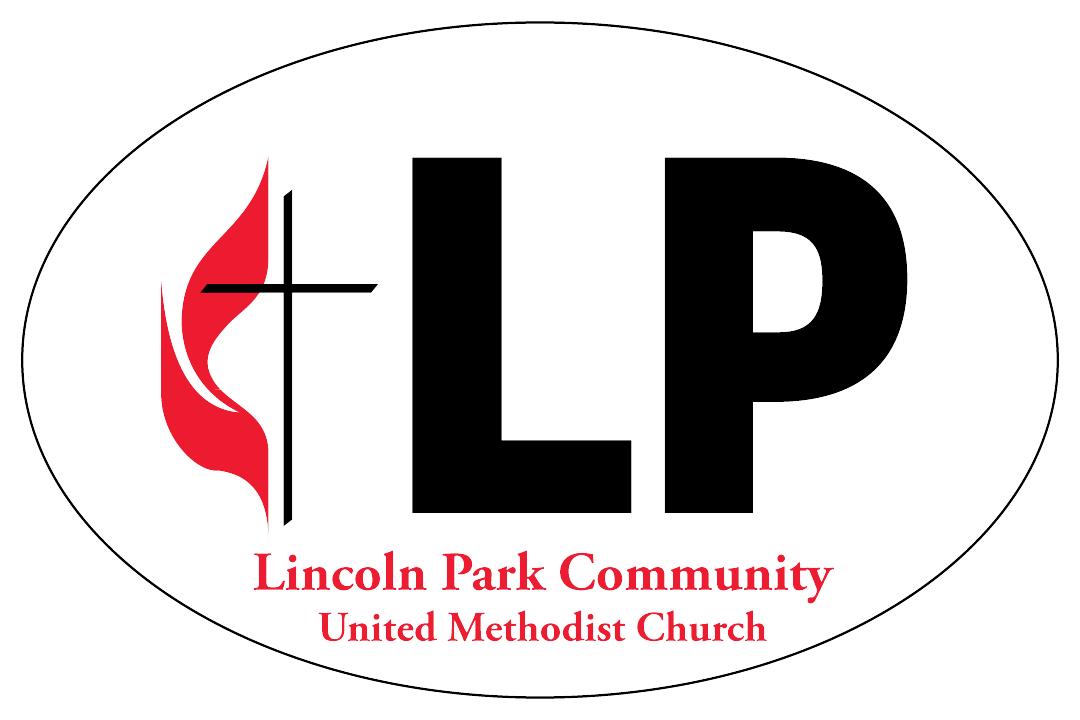From Pastor Quentin Wallace Blessed are all who fear the Lord, who walk in obedience to him. You will eat the fruit of your labor; blessings and prosperity will be…
Thinking Out Loud – March 2016
Thinking Out Loud: “Sibling Rivalry”
“…and in you all the families of the earth shall be blessed” – Genesis 12:3

As I reminisced, I couldn’t remember my father not being a part of my life. I will never forget his words when I left the house for good to begin my ministry at Lincoln Park: “Just be yourself and you’ll do okay.” And, I will never forget the day I told him that my wife and I had separated. Having suffered from Lewy-body dementia for over six years at the time, in a rare lucid moment, he said to me that he was sorry, but that I would “be okay.” His “okays” have sustained me now for many years.
As I sat there with my sisters reminiscing, I began to feel guilty. I felt like, in some way, I had monopolized my father’s time. Had they felt slighted? When I shared my feelings, they all looked at me in disbelief. To a sister, each felt the way I had felt. They had never known a time when they felt apart from my father. Each of us had been a recipient of his blessing.
In his book Not in God’s Name: Confronting Religious Violence, Rabbi Jonathan Sacks tackles the phenomenon of religious extremism and violence committed today in the name of God. He traces the roots of violence associated with the monotheistic religions of Judaism, Islam and Christianity to, among a few other things, sibling rivalry. Beginning with Abraham, he traces the battle among sons for their father’s blessing: Isaac and Ishmael, Jacob and Esau, Joseph and his brothers. Each apparently vies for their father’s approval and birthright, leading to enmity and threats of violence.
Using the book of Genesis and rabbinical commentaries, Jonathan Sacks challenges this common “misunderstanding” of these biblical stories and offers a different interpretation on the questions of “choseness,” “birthright,” and “blessing.” In Sacks’ reading, all of the children of Abraham: Judaism, Islam, and Christianity are recipients of blessing. No one religion has a monopoly on God’s favor. Abraham himself sought to be a blessing to all nations, thus should all of his descendants. “It is not our task to conquer or convert the world or enforce uniformity of belief. It is our task to be a blessing to the world. The use of religion for political ends is not righteousness, but idolatry . . . To invoke God to justify violence against the innocent is not an act of sanctity but of sacrilege.”
In Jonathan Sacks’ book, he calls for people of goodwill from all faiths and none to stand together, confront the religious extremism that threatens to destroy us, and declare: Not in God’s Name.





You must be logged in to post a comment.